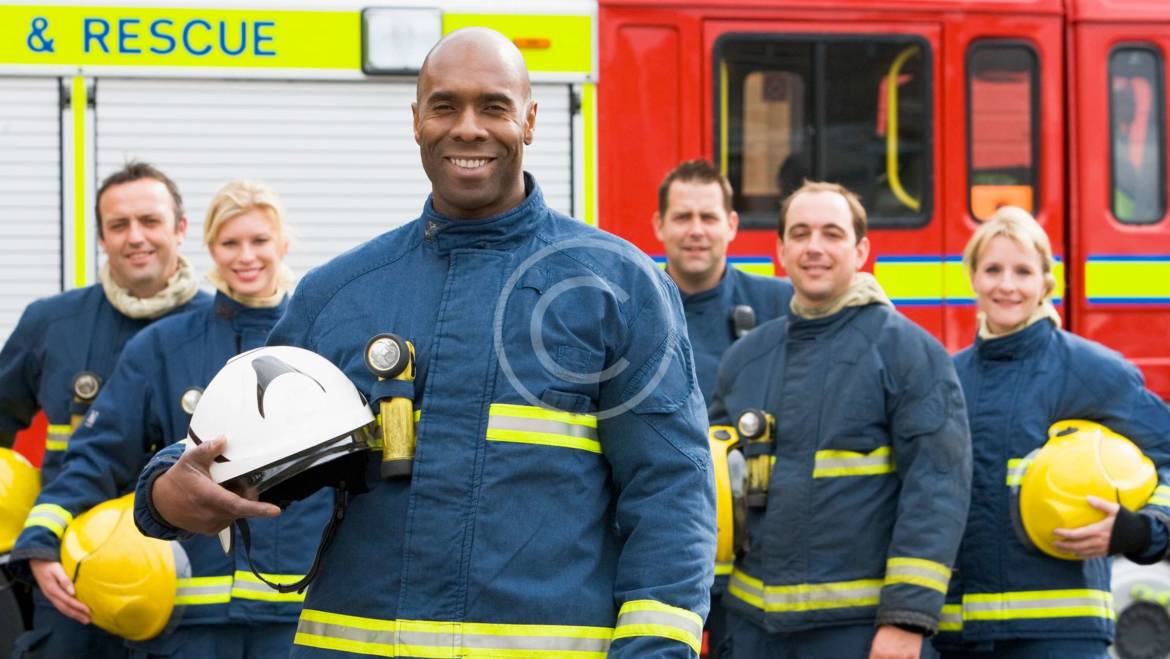First responders—firefighters, paramedics, and police officers—play a critical role in our communities, often putting themselves in harm’s way to keep us safe. As citizens, we have a responsibility to support and protect them as they carry out their essential duties. Here are some key ways to help keep first responders safe:
1. Stay Informed About Emergency Protocols
Familiarize yourself with local emergency procedures and protocols. Know how to respond in emergencies, such as reporting fires or accidents, to minimize chaos and ensure a swift response.
2. Maintain Clear Access to Emergency Routes
Ensure that driveways, roads, and entrances to buildings are clear of obstacles. Avoid parking in front of fire hydrants and follow local parking regulations to allow first responders easy access to emergencies.
3. Practice Situational Awareness
Stay aware of your surroundings, especially during an emergency. This includes being mindful of first responders’ activities, so you can make informed decisions about your safety and their needs.
4. Limit Distractions
When first responders are on the scene, avoid crowding the area or taking photos. This can hinder their ability to work efficiently and safely. Respect their space and follow any instructions given by emergency personnel.
5. Educate Your Community
Raise awareness about the importance of first responder safety within your community. Organize workshops or discussions on emergency preparedness and the role of first responders. Sharing knowledge fosters a culture of safety and respect.
6. Support Local First Responder Programs
Get involved with local programs that support first responders, such as fundraisers, volunteer opportunities, or community events. Showing your appreciation helps create a strong bond between the community and its emergency personnel.
7. Encourage Open Communication
Encourage open dialogue between first responders and the community. Attend town hall meetings or community safety forums to discuss concerns and suggestions. This communication helps build trust and understanding.
8. Be Prepared for Emergencies
Having a personal emergency plan in place can reduce the burden on first responders during a crisis. Know what to do, where to go, and how to communicate effectively in emergencies. This preparation can help ensure that first responders can focus on their critical tasks.
9. Advocate for First Responder Safety Measures
Support policies and initiatives that promote first responder safety, such as training programs, protective equipment, and mental health resources. Advocacy helps create a safer working environment for these dedicated professionals.
By taking these steps, we can create a safer environment for first responders and ensure they can perform their vital roles effectively. Together, we can foster a community that prioritizes safety, respect, and appreciation for those who serve us in our times of need. Let’s stand behind our first responders and show them the support they deserve!


1 Comment
I love meeting new people here!
Add Comment